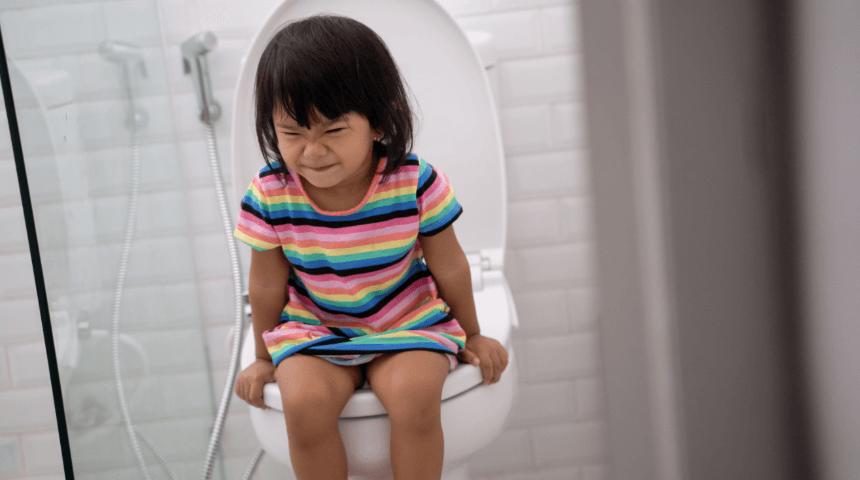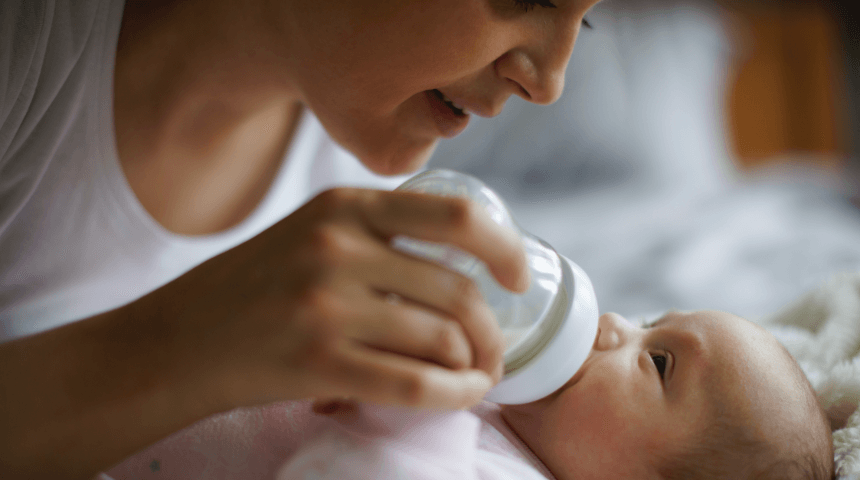At The Hewell Kids’ Kidney Center at Orlando Health Arnold Palmer Hospital for Children, patients who have been diagnosed with End Stage Renal Disease often have difficulty coping and adjusting to a lifelong chronic illness.
Depression and anxiety are extremely common in this population. Patients express feelings of loneliness, isolation and being different. They often feel as though no one understands what they are going through, and even they don’t know what they are going through or what to expect in the future. They express feelings of grief from losing the freedom they once enjoyed and the carefree attitude they once had. Whether it is depression, anxiety, or an adjustment disorder, these mental health concerns become enormous barriers to care and require intervention by the Patient & Family Counseling Department.
 The thoughts and feelings expressed by these teens are expected. The issue becomes how to help them and their families cope and adjust, connect to resources, and realize they are NOT alone. Counselors could have all of the training in the world but could never feel what these kids are feeling or understand what these kids are experiencing. When intervening with these challenging emotional barriers to care, a support group can be a great resource.
The thoughts and feelings expressed by these teens are expected. The issue becomes how to help them and their families cope and adjust, connect to resources, and realize they are NOT alone. Counselors could have all of the training in the world but could never feel what these kids are feeling or understand what these kids are experiencing. When intervening with these challenging emotional barriers to care, a support group can be a great resource.
What is a Support Group and How Does it Help?
 A support group is simply a group of people with common experiences or concerns who provide each other with encouragement, comfort and advice. The three main goals of a support group are to encourage patients and families to develop healthy coping skills, help them connect with vital resources, and to facilitate unique friendships within the group.
A support group is simply a group of people with common experiences or concerns who provide each other with encouragement, comfort and advice. The three main goals of a support group are to encourage patients and families to develop healthy coping skills, help them connect with vital resources, and to facilitate unique friendships within the group.
The most important function of a good support group is to provide the opportunity for kids to connect and share with others dealing with similar circumstances. It helps to talk or just listen to others who are also trying to find ways to cope.
Support groups are not designed to replace medical or individual counseling. However, sometimes just telling your story will encourage other members to offer coping skills. Patients and parents are eager to share with others in the group the resources they have located that could benefit others.
Support groups are facilitated by licensed clinical social workers from the Patient & Family Counseling Department at APH. The counselors have access to local and national resources. Speakers are often invited to address the group on local services that are available and helpful.
Benefits of Support Groups
Regardless of their diagnosis, support groups help teens and parents find people with concerns similar to theirs. Members of a support group share personal experiences and offer one another emotional comfort and moral support.
Benefits include:
- Reducing distress, depression, anxiety or fatigue
-
Feeling less lonely, isolated or judged
-
Gaining self-esteem, a sense of empowerment and control
-
Improving coping skills and sense of adjustment
-
Talking openly and honestly about your feelings
-
Developing a clearer understanding of what to expect with your situation
-
Getting practical advice or information about treatment options
- Comparing notes about resources, such as doctors and alternative options
Parents and caretakers also find camaraderie and support through mutual experiences. They assist others in locating support services and referral services. Interaction with other parents and caretakers can reinforce their own self-health skills.







 For information about the Hewell Kids’ Kidney Center “Kidney Kids Support Group,” visit our
For information about the Hewell Kids’ Kidney Center “Kidney Kids Support Group,” visit our 


